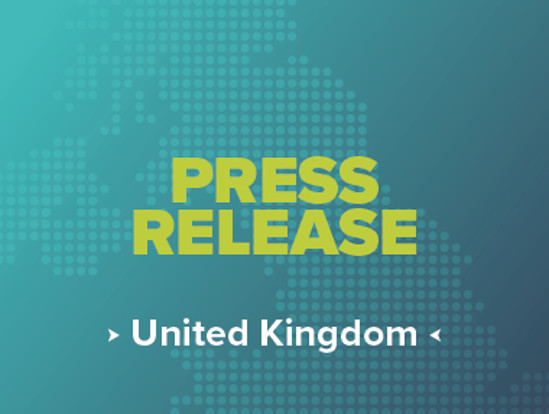Key findings
Barrier to growth
- 38 per cent of small businesses with a turnover between £75,001 and £100,000 say the £85,000 VAT threshold is a barrier to the growth of their business.
- 22 per cent of female small business owners say the £85,000 VAT threshold is a barrier to the growth of their business in comparison to 16 per cent of male small business owners.
Stimulus for business growth
- 19 per cent say a discount applied to the amount of VAT payable after reaching the threshold would be an option to incentivise them to invest and expand in their business.
- 25 per cent with a turnover between £75,001 and £100,000 say that a discount would encourage them to invest and expand their business.
- 41 per cent in accommodation and food services and 23 per cent in wholesale and retail state this would encourage them to invest and expand their business.
- 18 per cent say simplifying and reducing the number of VAT rules would incentivise them to invest and expand in their business.
- 18 per cent with a turnover between £75,001 and £100,000 say this would encourage them to invest and expand their business.
- 27 per cent of small businesses in manufacturing say this would encourage them to invest and expand their business.
- 30 per cent in accommodation and food services say this would encourage them to invest and expand their business.
- 18 per cent say a higher VAT threshold, i.e. above £85,000 would incentivise them to invest and expand in their business.
- 29 per cent with a turnover between £75,001 and £100,000 and 37 per cent with turnover between £100,001 to £150,000 say this would encourage them to invest and expand their business.
- 10 per cent say that providing free Making Tax Digital (MTD)- compliant software would incentivise them to invest and expand in their business.
- 17 per cent of small businesses in the professional, scientific and technical activities sector state this would encourage them to invest and expand their business.
- 7 per cent say easier application of VAT registration and returns would incentivise them to invest and expand in their business.
- 10 per cent in the professional, scientific and technical activities sector state this would encourage them to invest and expand their business.
- 6 per cent say switching to a flat rate VAT scheme would incentivise them to invest and expand in their business.
Key recommendations
HM Treasury should:
- Raise the VAT threshold from £85,000 to £100,000 to take into account recent high levels of inflation and to unlock additional economic activity. Going forward the threshold should be indexlinked so it automatically increases with inflation.
- Apply a smoothing mechanism to reduce the initial impact of net VAT liabilities on small businesses. The smoothing mechanism would reduce ‘bunching’ under the VAT threshold and unlock additional economic activity. FSB proposes two alternative options that could achieve this aim:
- VAT allowance option: HMRC to allow eligible small businesses to reduce their annual VAT liability by a set amount (i.e. £5,000), similar to the Employment Allowance.
- Rebate option: HMRC to administer a rebate proposal where small businesses with a turnover between £100,000 - £120,000 can apply for a rebate on their net VAT paid. The rebate would reduce the overall VAT liability a small business pays. The rebate amount would decrease as turnover increases.
- Introduce a VAT-based investment incentive for net-zero related investments. This could work by allowing a small business to reclaim 150 per cent of the VAT paid on specified green purchases. Such an incentive would provide an incentive for small businesses to invest more in net zero despite the long payback periods, provide fast cash back into the business, and create an incentive for small businesses to register for VAT.
HM Revenue & Customs should:
- Commit to prompt payment of VAT rebates, to avoid creating cashflow problems for small businesses. In line with the Prompt Payment Code, HMRC should commit to paying over 95 per cent of VAT rebates for small firms within 30 days.
UK Government should:
- Simplify the burden of VAT compliance by reviewing the number of VAT goods and services with differing rates. A comprehensive review of the current zero or low-rate VAT products would ensure that the list is appropriate in an ever-changing market, and could help to reduce complexity and compliance time.
Download the full report below



